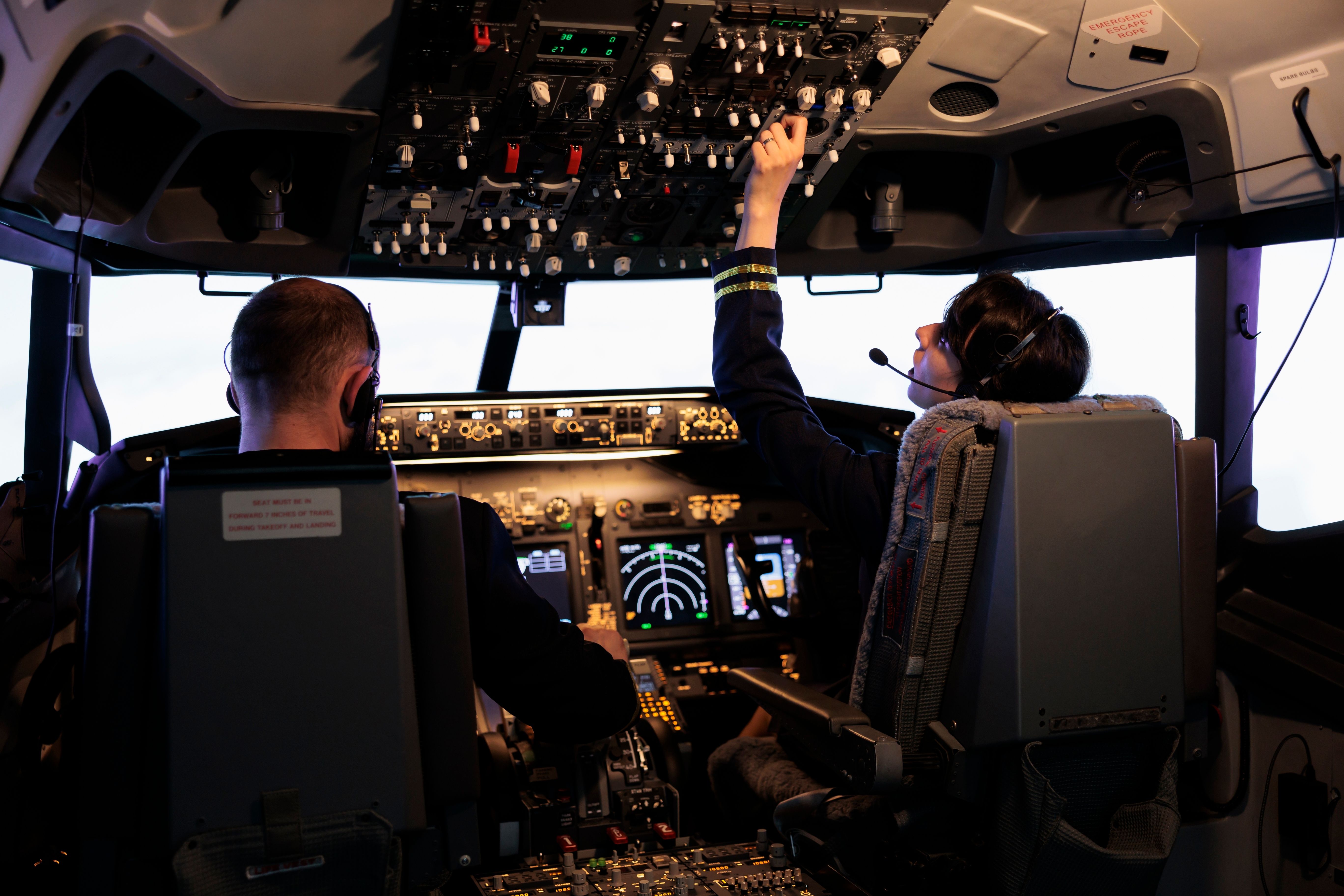Mental health issues can affect people from all walks of life, including aviation professionals. In aviation, mental health and well-being are directly linked to aviation security. While pilots bear the responsibility since the lives of passengers depend on them, aeronautical engineers ensure that the plane is airworthy.
Indeed, the nature of the aeronautics sector can be stressful for its employees, particularly pilots or air traffic controllers. Long working hours, night shifts, disrupted circadian rhythm and being away from loved ones can affect their mental well-being. And on top of that, any health issue can instantly jeopardize their entire career.
A wake-up call
The aviation industry was deeply affected by the tragic accident of Germanwings Flight 9525 in 2015, which served as a wake-up call to the under-addressed issue of mental health across the industry.
After this unfortunate event, several studies were conducted and found that a significant number of airline pilots suffered from depressive symptoms and suicidal thoughts but did not seek help for fear of losing their license. The conclusion from these studies was pretty obvious: the industry needed to start prioritizing mental health disorders. health.
Since 2015, the industry has made several recommendations, such as strengthening aviation medical examiner (AME) training, which focuses on mental health issues, working with airlines to create support programs and pilot education, and increased pilot awareness of available support groups.
Notably, from 2022, all UK air transport operators must establish a pilot support program incorporating trained volunteer peer pilots. This initiative has played an important role in initiating discussions around mental health and wellbeing.
Despite the recommendations and the implementation of new programs, mental health remains a subject of concern. While steps are being taken to improve mental wellbeing, the conversation often focuses on pilots and aircrew, neglecting the wider scope of civil aviation authorities.
What can be done?
Open discussions about mental wellbeing still carry a stigma, particularly in aviation, and progress is needed. Having a mental health issue can have serious repercussions in this industry, such as being banned from travel, additional expenses for medical exams and treatments necessary to maintain certification, loss of income, and fear of losing your career. , according to ICAO.
Alongside peer support programs, a report from the International Journal of Aerospace Psychology suggests that promoting a culture of wellbeing in the workplace is recommended to combat the current pressures and stigma associated with talking on mental health.
It is also crucial to recognize the importance of breaking the taboo surrounding mental health, and this change should be initiated and exemplified by businesses and their most senior members.
Photo: DC Studio | Shutterstock
Simple Flying recently published an article highlighting airline efforts to address mental health issues. Many airlines in the United States say they have implemented policies to support their employees and resolve the problem. However, some employees have since expressed ongoing concerns, saying they felt their employers were not prioritizing their mental wellbeing.
Conclusion
Although progress has been made, it is important to recognize that further action is needed. Ultimately, to promote and strengthen the culture of mental health and wellbeing in aviation, the industry must prioritize greater awareness, improved education and comprehensive support systems in place. These efforts are essential to fostering a psychologically healthy environment for aviation professionals and ensuring the long-term resilience and effectiveness of the industry.
Sources: The International Journal of Aerospace Psychology, CAA in the UK, Quality

